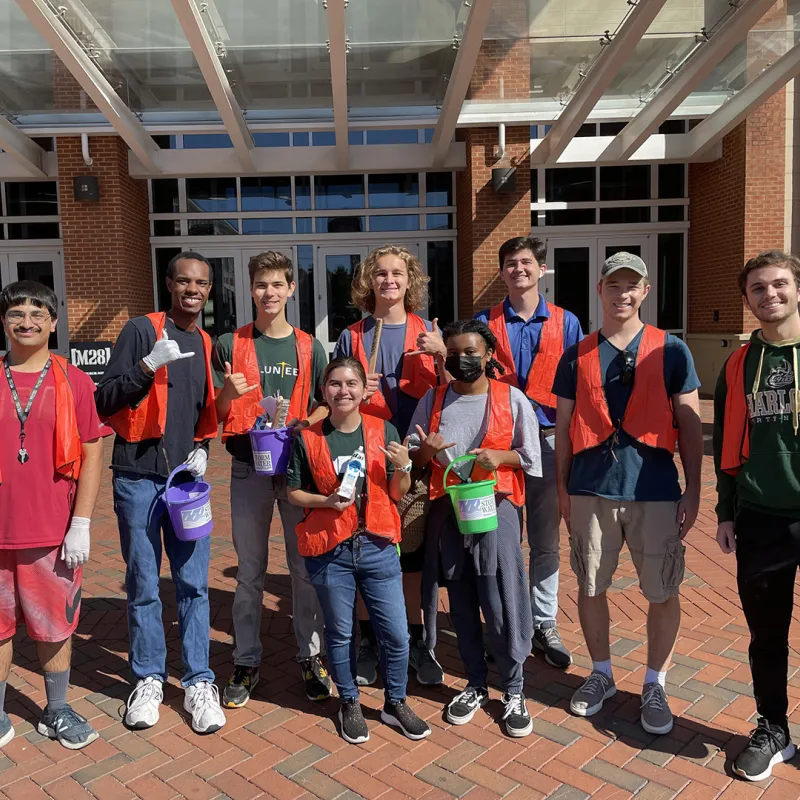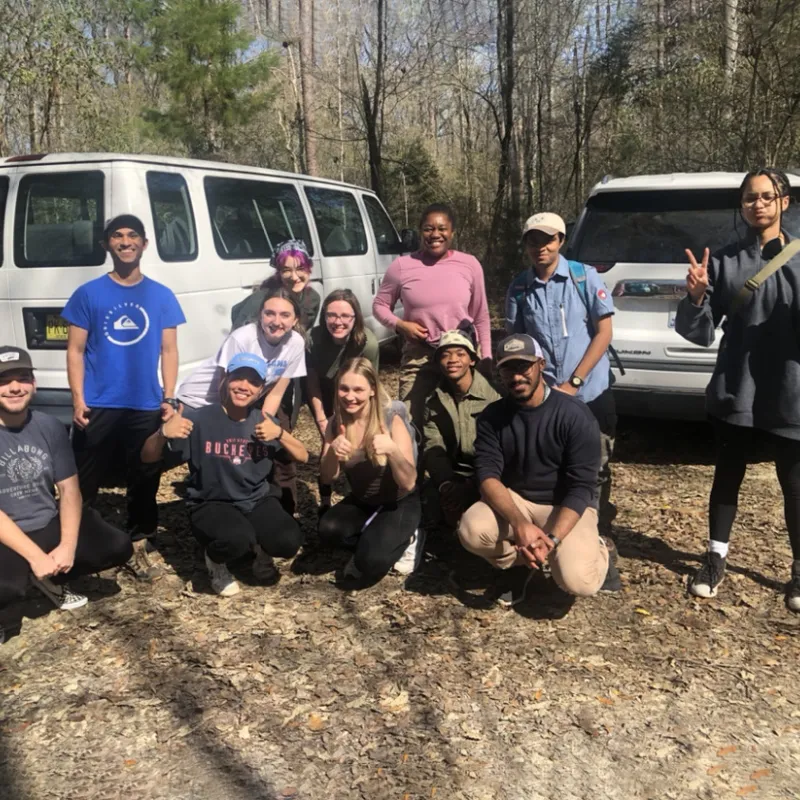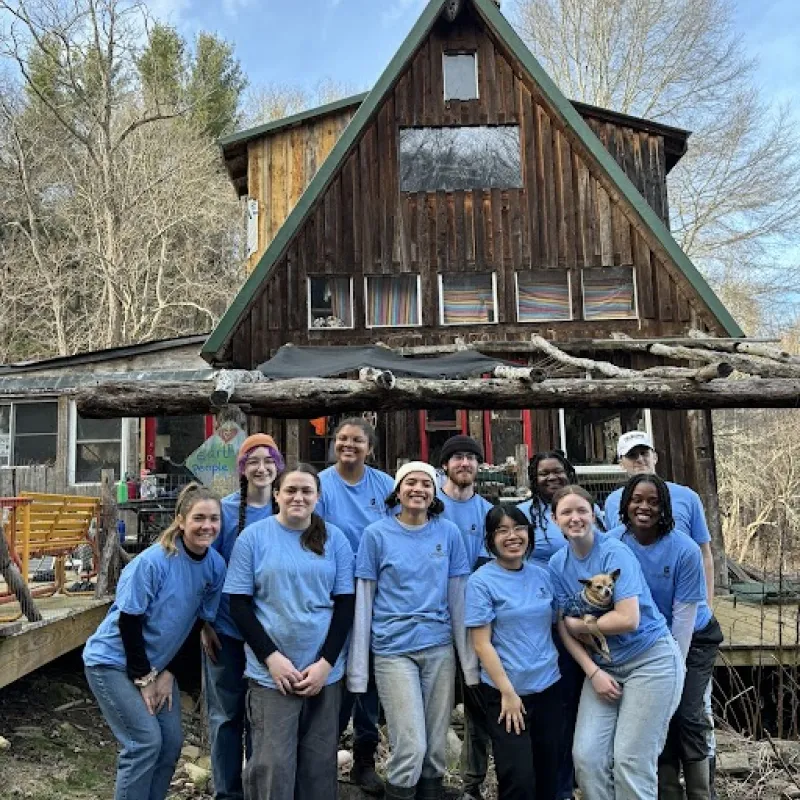All levels of engagement are important for a robust ecosystem at UNC Charlotte. Upon assessment of the Division of Student Affairs, we noted that the majority of community engagement and service in the division falls at the “Connect” level. The purpose of this document is to assist units in identifying where their service and community engagement efforts fall in this framework, develop strategies for moving current efforts through the three levels to create higher levels of engagement with a larger social impact, and to brainstorm new ways to engage with the greater Charlotte community in a meaningful, mutually beneficial way.
Community Engagement occurs when academics and community partners work collaboratively with and through groups of people affiliated by geographic proximity, special interest or similar situations to address issues affecting the well‐being of partners. At an urban university, it includes experiential learning in a community environment as well as programs of research and scholarship (community-engaged research) that are distinguished by relying on the priorities and authority of both the researchers and community stakeholders to shape the design and execution of the research. The translation and application of outcomes are evident in community impact as well as traditional modes of dissemination for academic research, scholarship and creative activity.
Adapted from a definition originally offered in Centers for Disease Control and Prevention (1997), Principles of community engagement. (1st ed.). Atlanta, GA: CDC/ATSDR Committee on Community Engagement. With insight offered in Campus Compact. (2007). New times demand new scholarship. Los Angeles, California: Research Universities and Civic Engagement Network, and from Emily M. Janke. (2013). Increased community presence is not a proxy for reciprocity. eJournal of Public Affairs, (2)2. Springfield, MO: Missouri State University.


Field trips or site visits; weekend or one-day volunteer projects

Short-term volunteer excursions; adopting a school or organization; providing ongoing staff support; assisting with a specific project

Managing a strategic project; providing staff support over time; conducting a research project; co–producing a creative production or report
- Think about the amount of time the program has to implement - can these partnerships be ethically sustained?
- Review the budget before agreeing to anything - can we provide what our partner is looking for? Do we have any resources?
- Decide what is feasible and what is not, then be clear with community partners about what those lines might be.
- Consider what materials, programs, or projects are readily available in order to not reinvent the wheel.
- Identify if the volunteer trips, site visits, or projects can grow beyond one day
Consider if the one-time service or outreach opportunity can be created on a weekly or monthly basis - Examine what it could mean to turn a school trip into an ongoing partnership, bringing student groups in on an agreed-upon schedule
- Review whether philanthropic events could turn into a term-length project where not only money is being raised, but ongoing site visits and projects are being completed as well
- Consider if the consistent volunteer excursion can turn into a research project to co-create a product or report
- Collaborate with departments on campus to identify what research may already be in the process of being conducted, and utilize programs that already exist to help tackle the root problem of the social issue or research.
For more detailed questions on the process of these levels of engagement, please contact urbanCORE directly:
Email: urbancore@charlotte.edu
Visit: urbancore.charlotte.edu
Contact: Inquiry Form
Other “landing pages” to engage in service:
Leadership & Community Engagement
- Niner Engage
OFSL
